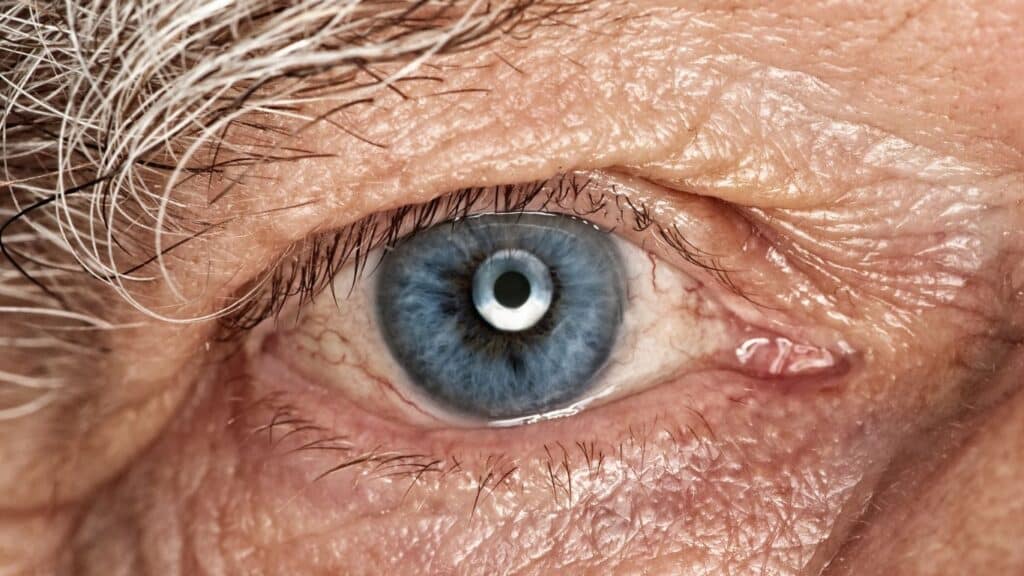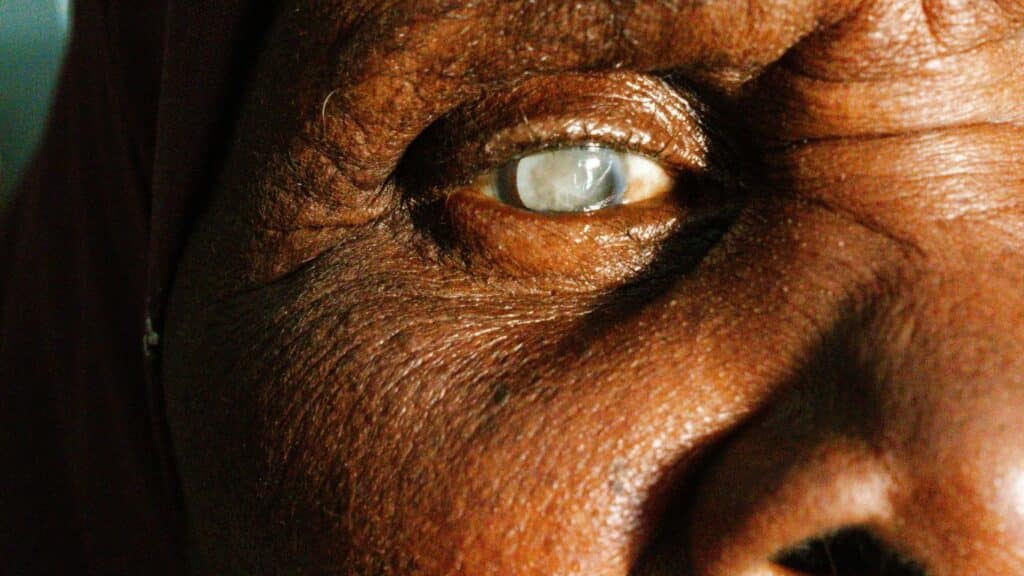Laser eye surgery has revolutionized the way many of us experience the world, offering the promise of clear vision without the hassle of glasses or contact lenses. Imagine waking up and instantly seeing your alarm clock without squinting, or going for a swim without worrying about losing a contact lens. The idea of throwing away those pesky vision aids is incredibly appealing, isn't it? However, it's important to understand that not everyone is a good candidate for this transformative procedure. In this blog post, we will delve into who is not suitable for laser vision correction surgery, outlining key factors and considerations that might affect your eligibility.
Age is a critical factor when it comes to determining suitability for laser refractive surgery.
Your eyes, much like the rest of your body, continually change as you grow. For young adults, especially those under 18, their eyes are still developing, which means the shape and curvature of the cornea can shift. These fluctuations can impact your prescription, making it essential to wait until your vision has consistently stabilized to ensure the surgery's success. As a result, undergoing laser eye surgery at a young age might not provide lasting results, since the changes could reverse the benefits of the procedure.
Most eye surgeons recommend waiting until at least the age of 18, and often until your early 20s, to ensure that your eye prescription has been stable for at least one to two years. This is to make sure that the corrective measures taken will remain effective over time, providing you with the stable, clear vision you desire.
Typically beginning in your early to mid-40s, presbyopia is the gradual loss of your eye's ability to focus on nearby objects. This natural aging process can influence your candidacy for laser eye surgery. While laser surgery can correct distance vision, it might not fully address issues like presbyopia, which could require additional treatments.
If you have certain eye conditions like cataracts or glaucoma, it might impact whether laser eye surgery is right for you. Cataracts can make your lens cloudy and affect your vision, while glaucoma can increase eye pressure and damage your optic nerve. These conditions need special treatments and might make laser eye surgery less effective or safe. It's always a good idea to speak with your eye care professional to find out what options are best for you.
For example, here at Texas Vision & Laser Center, our team of eye doctors will evaluate your specific eye health and discuss whether laser eye surgery is the right choice for you. This way, you can make an informed decision about your eye health and determine the best treatment plan for your individual needs.
Book Your Consultation With TVLC Today & See The World Clearly!
Your cornea's thickness is a vital factor in determining your eligibility for laser eye surgery. Thin corneas may not provide enough tissue for the surgeon to work with, raising the risk of complications. It’s important to have a thorough examination to measure this.
The medical community generally agrees that a corneal thickness of around 500 micrometers is required for safe laser eye surgery, including procedures like LASIK surgery. Ensuring your cornea meets this threshold helps safeguard you against potential complications.
This is because LASIK involves reshaping the cornea, and for those with naturally thin corneas, this can lead to issues such as weakened structural integrity. This makes it vital to discuss alternative treatments with your eye specialist if your corneas are thin.
Not to mention, the shape of your corneal tissue matters just as much as the corneal thickness. Irregularities can impact the precision and success of the surgery, leading to less-than-optimal results. Identifying these issues beforehand helps set realistic expectations. Also, conditions such as keratoconus, where the cornea progressively thins and bulges outward, can disqualify you from undergoing laser eye surgery. Performing LASIK eye surgery on an irregular cornea can exacerbate existing conditions, possibly leading to poorer vision post-surgery.
Navigating the complexities of eye health can feel overwhelming, but understanding each potential obstacle such as eye disease helps ensure the best approach for your vision care.

Navigating the decision to undergo laser eye surgery is a significant step, and understanding how lifestyle factors play a role can help ensure you're making the most informed choice.
If you work in a high-risk environment where your eyes are exposed to potential hazards, like construction or welding, it's critical to take extra precautions. Exposure to flying debris or intense light can injure your eyes, making recovery from surgery more complicated. Always using protective eyewear and discussing your work conditions with your eye specialist can help mitigate these risks.
Engaging in contact sports or high-impact physical activities can pose significant risks for your corneas. The possibility of getting hit or poked in the eye during sports like boxing, martial arts, basketball, or soccer can compromise the healing process after surgery. Proper protective gear and a thorough discussion with your specialist on how to time your surgery around your sports activities are essential.
Occupations that expose you to dust, chemical fumes, or other airborne particles, such as farming or construction, can increase your risk of infection post-surgery. Ensuring you can minimize exposure and follow a strict hygiene routine during recovery is crucial to avoid complications.
Pregnancy and breastfeeding bring about significant changes in your body, including your eyes. According to the American Academy for Ophthalmology, hormonal fluctuations can temporarily affect your vision, making it prudent to postpone laser eye surgery until stability is regained. Your eye's health and your overall well-being should be prioritized during these periods.
Allowing time for your hormonal levels to return to normal post-delivery ensures that your vision is stable when undergoing laser eye surgery. Waiting at least several months after childbirth can help in achieving the best possible outcomes. Discussing the timing with your eye specialist can help align your treatment with the most opportune moment for your eyes' health and stability.
Our team at TVLC can help guide you through the process of determining your eligibility for laser eye surgery and addressing any potential obstacles. We understand that a clear vision is essential to living your best life, and we're here to support your journey towards achieving it. So if you have more questions or want to schedule a consultation, please don't hesitate to contact us.
Book Your Consultation With TVLC Today & See The World Clearly!
Taking care of your overall health is incredibly important, not only for feeling your best but also for ensuring that any elective procedures like laser eye surgery go smoothly.
Autoimmune diseases occur when your body mistakenly attacks its tissues. Conditions like rheumatoid arthritis or lupus can impact your eyes and the healing process after surgery.
Certain autoimmune conditions can increase the risk of infection and delay wound healing. For example, if you have an autoimmune disease or are undergoing treatment that suppresses your immune system, it’s essential to discuss these risks with your eye specialist. Ensuring that your body is in the best possible shape before surgery can significantly enhance your recovery.
Diabetes, especially if not well-controlled, can also affect your eligibility for laser eye surgery. Uncontrolled diabetes can lead to slowed healing and other corneal issues. It's important to manage diabetes effectively and achieve stable blood sugar levels to ensure a smooth and successful recovery from laser eye surgery.
By understanding the unique aspects that apply to your situation, you can make a well-informed choice that prioritizes both your vision and your long-term well-being. Remember, this journey is highly personalized, and what works for one person may not be suitable for another. Therefore, it's essential to have open and honest conversations with your eye doctor to address all potential concerns and to ensure the best possible outcome.
If you have any questions or feel ready to take the next step towards clearer vision, don't hesitate. [Contact us today at TVLC and let us help guide you on your path to better eyesight!
Your journey to seeing the world clearly starts here.
Book Your Consultation With TVLC Today & See The World Clearly!



